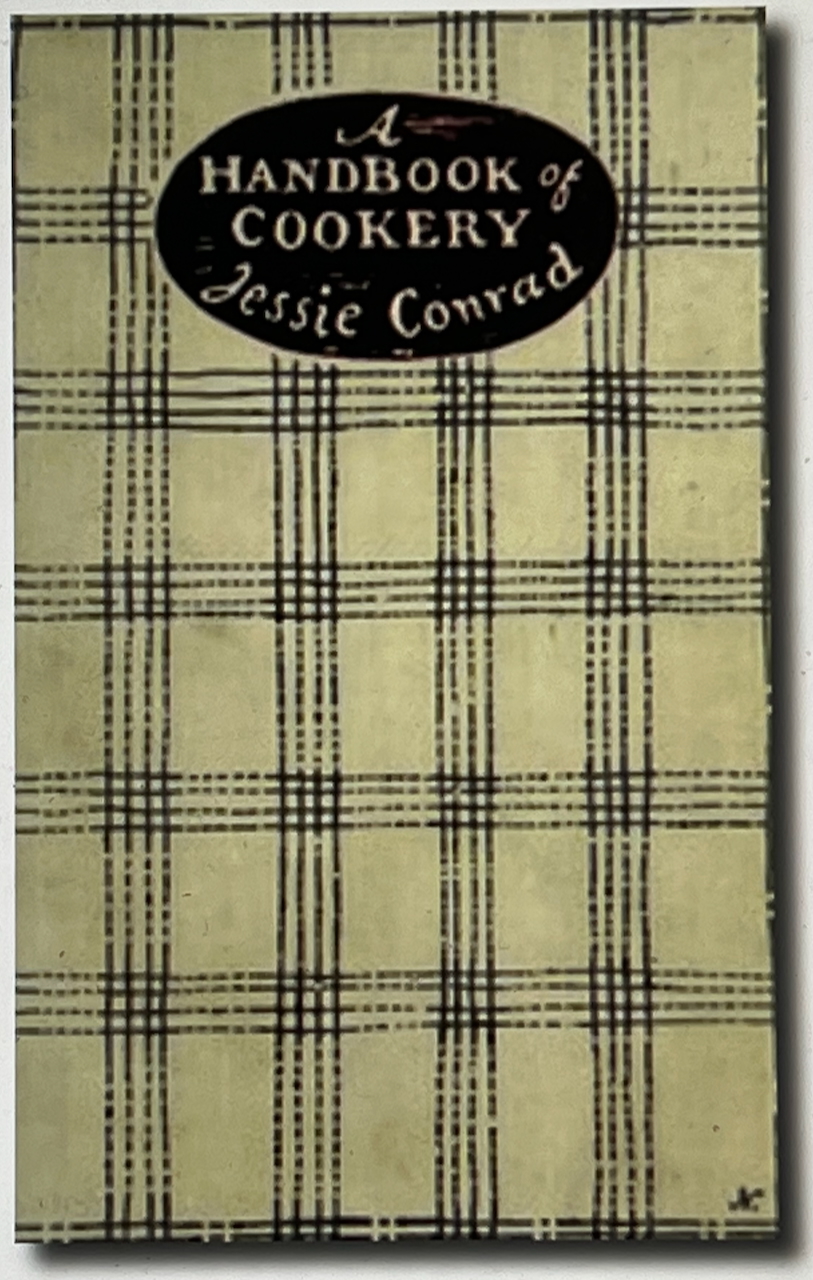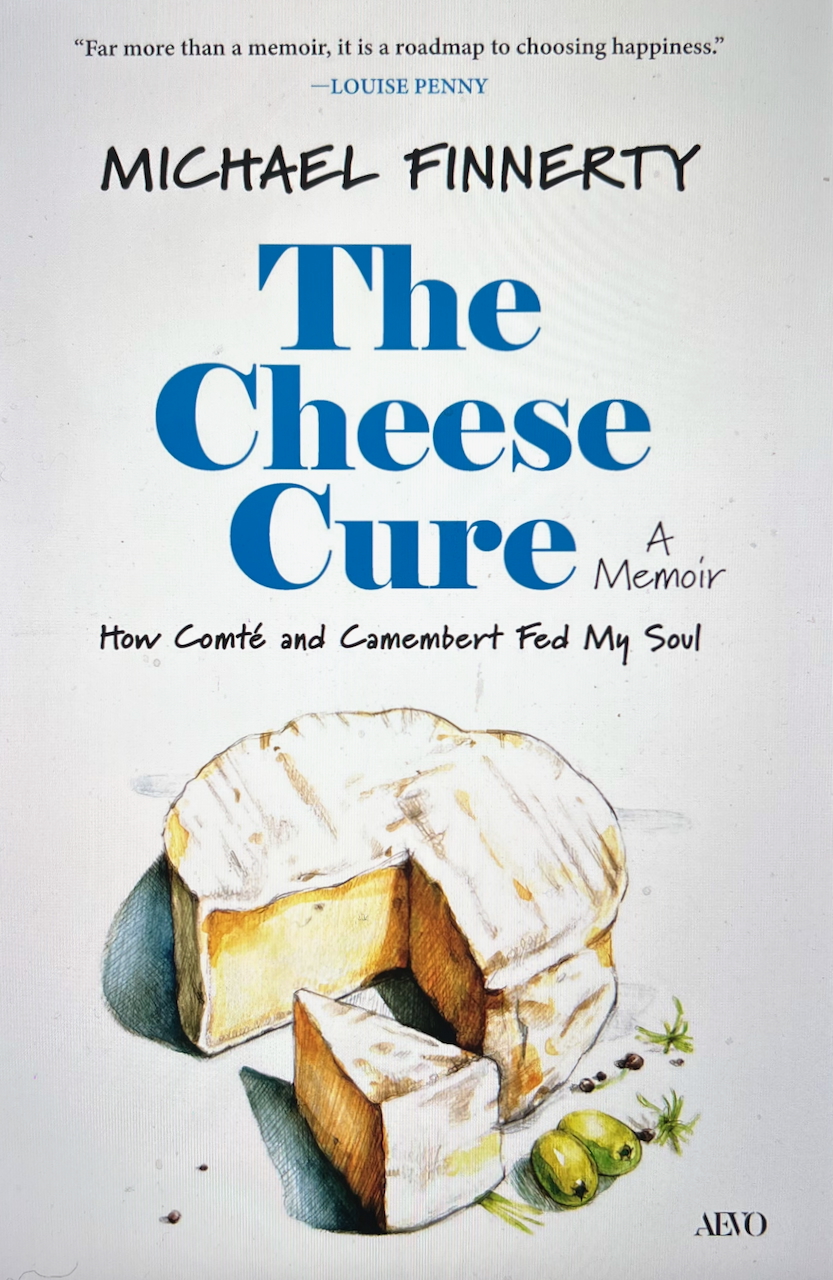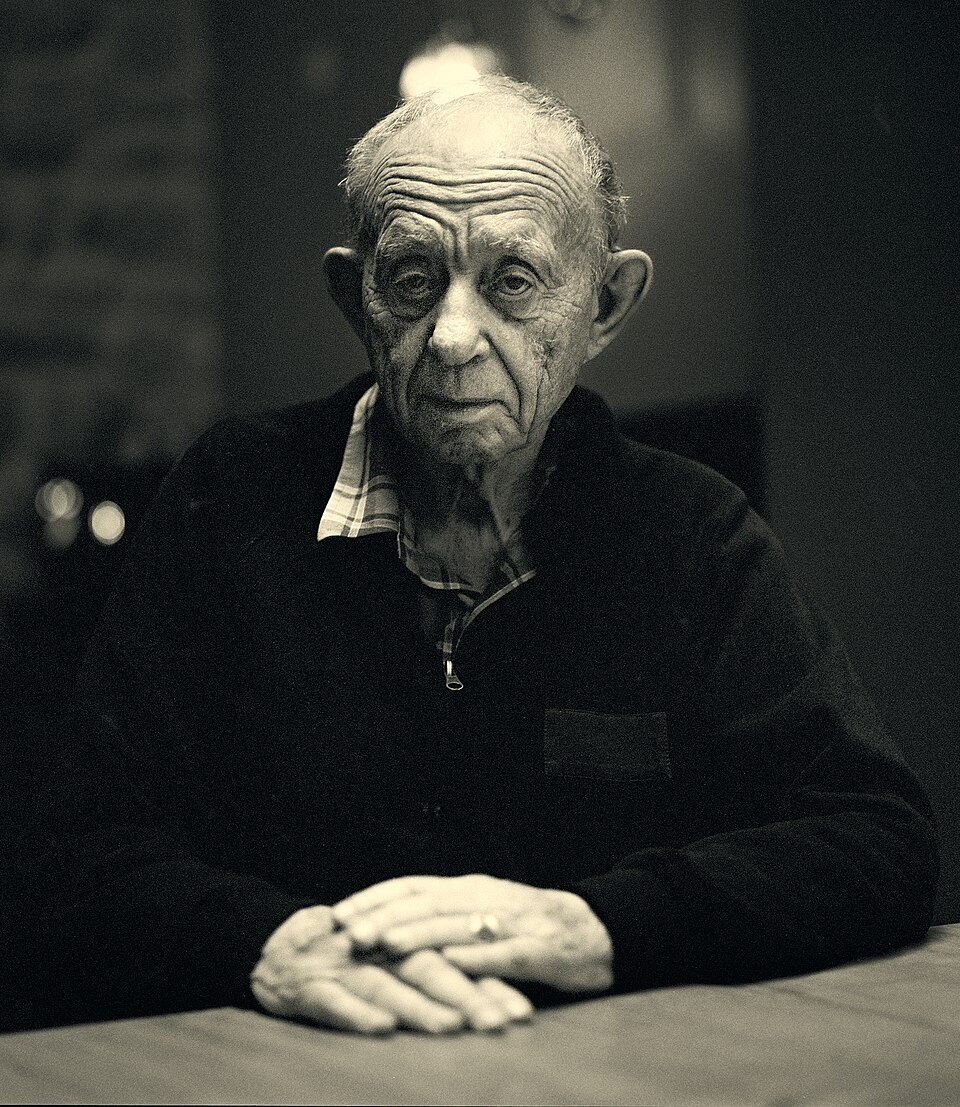On Not Knowing
September 22, 2018
You know that old joke about English majors: “They don’t know anything, but they know where to go to find things out.”
I resemble that remark. And as a former English major and common reader, I see that learned skill as one of the glories of what we tremble to call liberal education.
Because let us now face it: What do we actually know, in ways we are ready to defend, on the spot, in our walking-around lives? I do not mean in that super-relativist way teens sometimes adopt when they want to short-circuit discussions about their futures: “You weren’t in the Apollo lander, so how do you know we went to the moon? Let alone whether that college is good or not.”
No, I mean: When you stagger through your Facebook friends’ online living rooms, which have become salons of discord with blood on the walls, how much do you know, with evidence to back up your assertions?
For instance, quick now (10 points each):
- Which cost more (so far): the Whitewater or Mueller probes?
- Can the FBI be used to investigate the sexual assault allegations against Supreme Court nominee Brett Kavanaugh or not?
- If sperm whales have the biggest mammalian brains, why are they not running the planet?
- Is Pluto a planet after all?
- Is Mickey Rooney still with us?
- In this age of tariff dangers, how many times bigger is the U.S. economy than the Chinese?
- What is some of the latest thinking on the mechanism of Alzheimer’s?
- Did a previously-unknown spider kill some people in the United States this summer?
- Does torture “work”?
- In a 1946 meeting of philosophers at the Cambridge Moral Science Club, what famous figure did or did not wave around a red-hot poker in a threatening manner in order to make a point on the nature of knowing?
If you scored a 100, walk on over to The Common Reader’s office and I will buy you a Coke right now, because you are definitely a person from whom I can find some things out.








